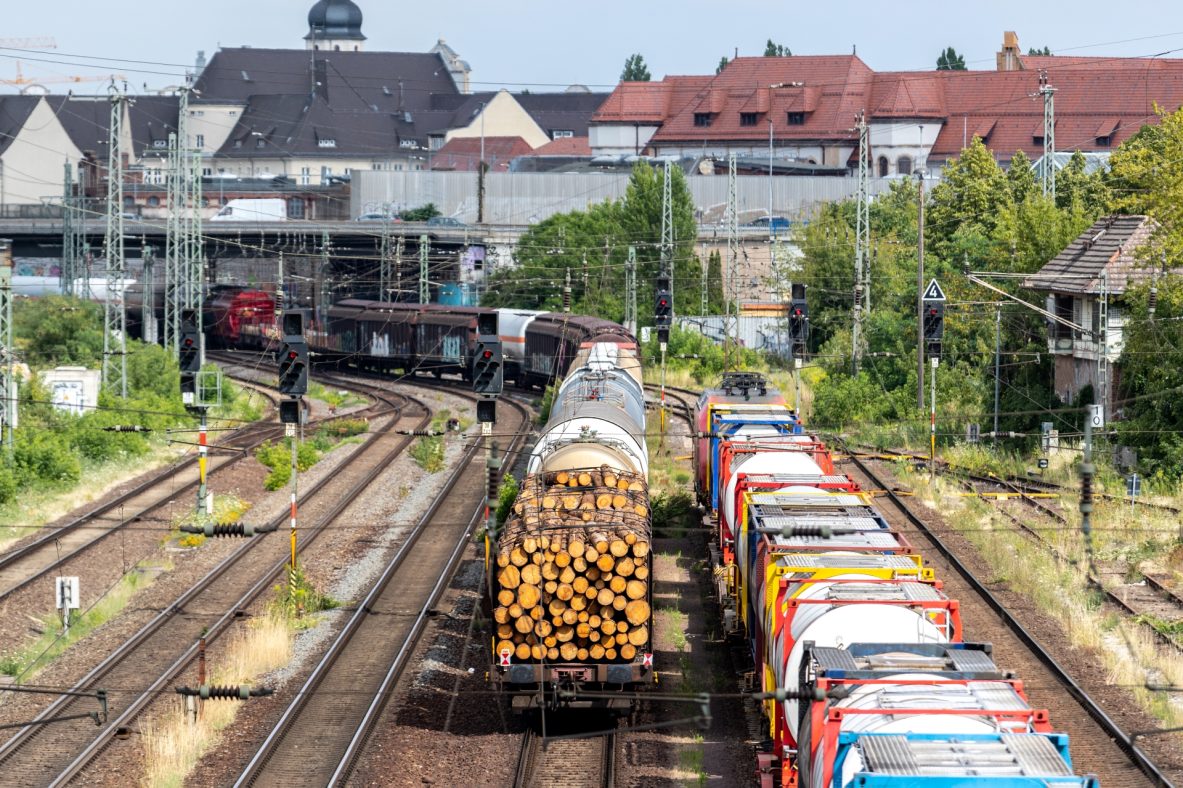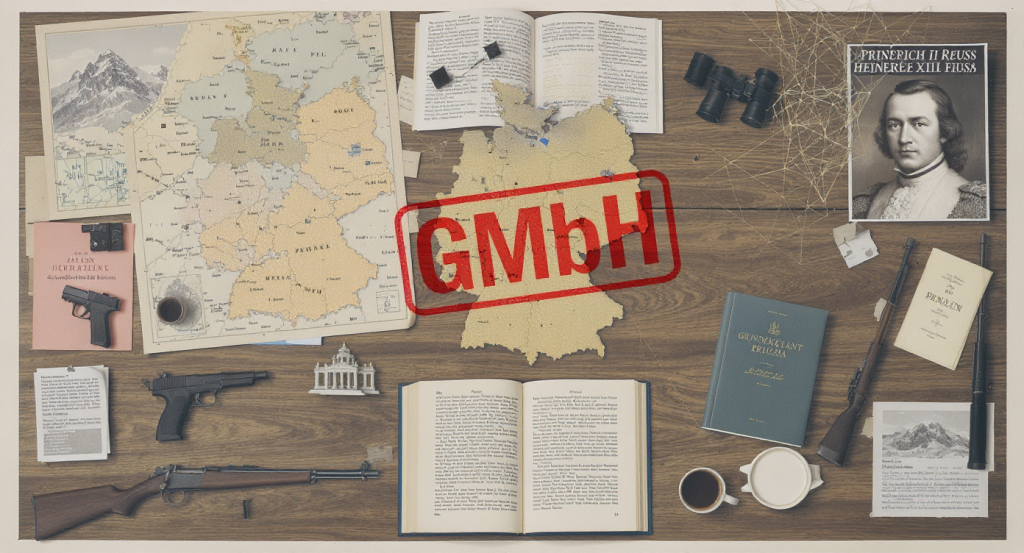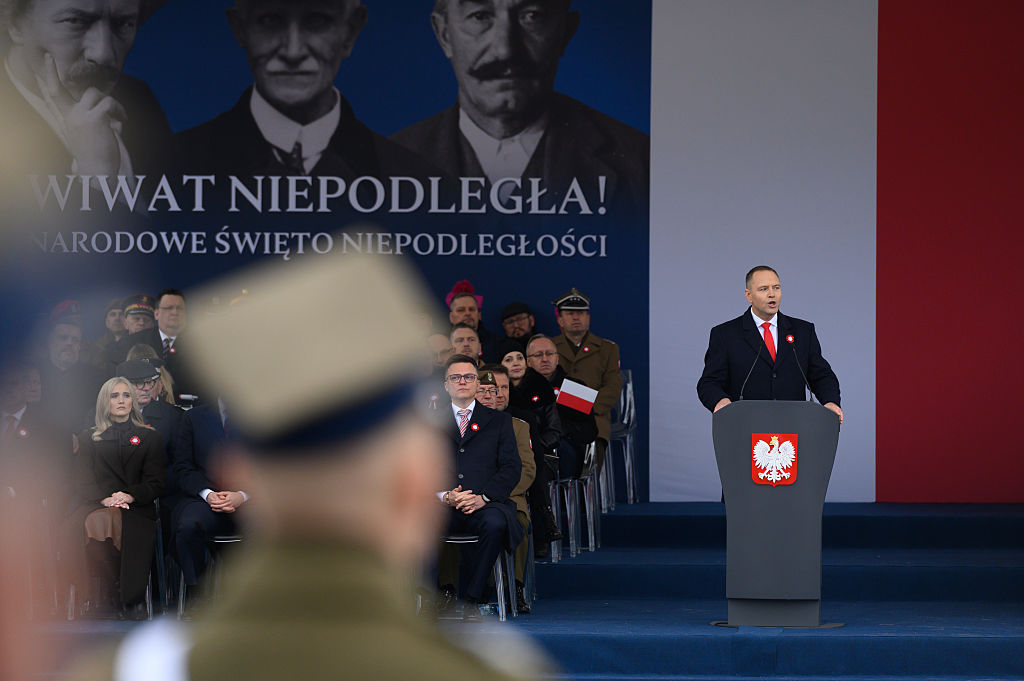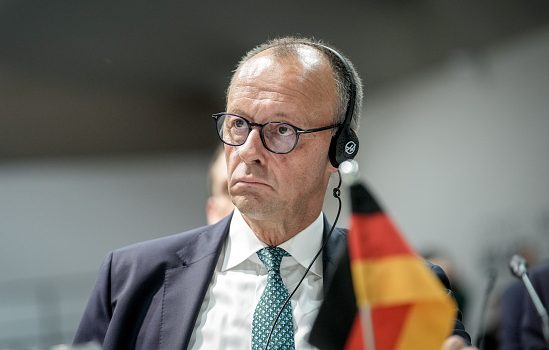EU opens door to Swiss participation in flagship programmes amid backlash in Bern
Swiss right-wing party brands EU deal a threat to sovereignty

While Brussels hails the EU Council’s decision to greenlight Switzerland’s participation in flagship EU programmes as a step forward in bilateral relations, the reaction in Bern is far more divided, with the country’s largest party leading the opposition.
On Tuesday, EU ministers endorsed the Alpine nation’s association with initiatives including Horizon Europe, Erasmus+, Euratom, ITER/Fusion for Energy, and EU4Health.
It is the first element of a 2024 package that also covers updated market access rules, energy cooperation, food safety, health, and a Swiss contribution to EU cohesion funding. The package emerged from negotiations launched last year to modernise EU–Swiss relations after years of political deadlock.
“Our partnership with Switzerland is longstanding and based on common values,” said Marie Bjerre, Denmark’s minister for European affairs. “In the current complex and evolving geopolitical context, our relationship needs to be expanded and modernised to be better fit for the future.”
The agreement is set to be signed on 10 November 2025 in Bern, with provisional application backdated to January 2025. It will take full effect once Switzerland completes its domestic procedures, expected by 2028.
EU, Swiss hail ‘historic’ new deal resetting relations
The European Union and Switzerland announced Friday (20 December) they had sealed a new set…
4 minutes

Domestic pushback
While Brussels celebrates the step, the treaty faces an uphill battle at home. The right-wing Swiss People’s Party (SVP), the largest party in the country’s Federal Assembly, has branded the package a threat to Swiss sovereignty and direct democracy.
“This corresponds to a ‘colonial submission treaty’,” said Magdalena Martullo-Blocher, SVP vice president, warning that adopting decades of EU law would bind Switzerland to the bloc’s legal and bureaucratic orbit.
SVP parliamentary leader Thomas Aeschi warned the deal would hollow out Swiss direct democracy by forcing Bern to adopt EU law automatically, with little input from parliament or the cantons. The party also criticised plans to extend free movement, saying they risk higher immigration and social costs.
The Swiss government views the package as a way to stabilise relations with a key economic partner. But with the SVP demanding a mandatory referendum requiring a cantonal majority, a political showdown looks inevitable.
Back in April, Reuters had reported that Bern was already preparing legal options for such a vote, underlining how domestic politics could determine the deal’s fate.
The EU’s goal of full implementation by 2028 now hinges not only on signatures in Brussels and Bern, but also on winning hearts and votes in Switzerland.
(aw)









